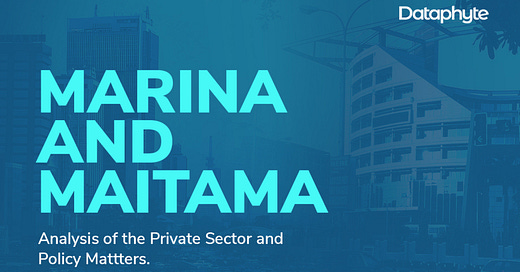Nigeria’s Stance as Strait of Hormuz Tensions Threaten Oil Shock
+Clean Energy Rollout, Uneven Reach
Nigeria’s Stance as Strait of Hormuz Tensions Threaten Oil Shock
Global crude oil prices are projected to surge as tensions escalate in the Middle East. The Strait of Hormuz, a narrow but strategic waterway through which one-fifth of the world’s oil supply flows (about 20% of global oil and gas), is under renewed threat. Iran, in response to U.S. and Israeli actions, has reiterated its warning to close the passage.
For Nigeria, this looming oil shock comes with a familiar boom-or-bust dynamic.
In the short term, higher oil prices offer a fiscal lifeline. As a major oil exporter, Nigeria stands to gain from elevated crude prices through increased foreign exchange earnings and stronger revenue inflows. This has the potential to support budget implementation and debt servicing.
But for consumers, in this case, Nigerians, the consequences are far less favourable, rising fuel and transport costs, increased inflation, and heavier household spending burdens.
In the long term, the situation is even more volatile. Without sufficient domestic refining capacity, consistent investment in renewable energy, or strong fiscal discipline, Nigeria remains dangerously exposed to external oil price shocks.
Since February 2025, global crude oil prices have been on a consistent downward trend, with further declines likely in June 2025.
Explore Our Publications
We release in-depth research publications and publish compelling data-driven reports on a wide range of topics.






